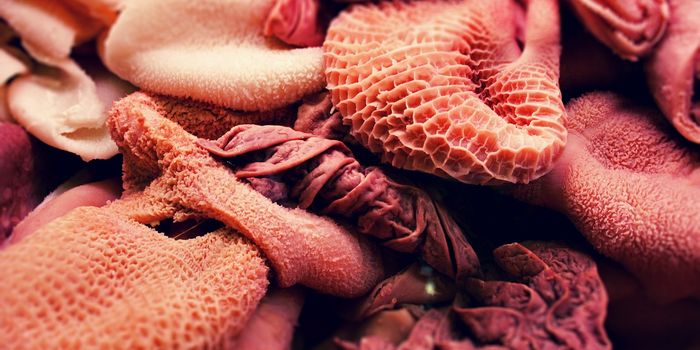Asthma and Flu Make A Deadly Combination
When someone with a cold or the flu also has an asthma attack, the situation can become life-threatening very quickly. From the University of Montreal, scientists show just how important preventing the flu with an annual vaccine can be for young children with asthma.
Risk of treatment failure for asthma attacks shoots from 17 percent to 40 percent when the patient also has the flu, particularly for young, preschool-age children. Worst case scenario, these children have to be hospitalized for their asthma attack/flu infection combination. Making this connection provides additional motivation for parents to help prevent the flu by vaccinating their children.
In a new study, scientists used data from nearly one thousand children from the “Determinants Of Oral Corticosteroid Responsiveness in Wheezing Asthmatic Youth” (DOORWAY) study. All study participants had been treated for moderate or severe asthma attacks in emergency rooms. Researchers took nose swabs, analyzed to identify any respiratory viruses, including the flu.
"This is the first time we've been able to disentangle the risk of non-response to asthma treatment with the presence of specific viruses - specifically, influenza and rhinovirus," explained co-author Caroline Quach.
Quach and others found that for children given asthma attack treatment (oral corticosteroids, inhaled bronchodilators), 20 percent of those also infected with respiratory viruses did not respond and required hospitalization. Cases of influenza and parainfluenza infections were the worst.
However, children with human rhinovirus (the common cold) infections responded well to asthma treatments, although common cold infections are most often the trigger of asthma attacks that bring patients to the emergency room.
Although the flu vaccine may only prevent infections half of the time, study researchers still recommend that children, especially children with asthma, get the vaccine every year.
Asthma is a chronic disease characterized by inflammation and narrowing of the airways that causes wheezing, chest tightness, shortness of breath, and coughing – often in the morning or at night. Inhaled corticosteroids through an inhaler work to reduce inflammation and open up the airways to improve breathing.
In 2017, the Centers for Disease Control and Prevention recorded 6.1 million people with asthma under 18 years old (20.4 million over 18). They also report that there were 1.7 million visits to emergency departments due to asthma and 3,615 deaths due to asthma.
"These kids should get their flu shot and they should get it systematically - it's worth it," concluded study co-author Francine Ducharme.
The present study was published in the journal Pediatrics.
Other sources: National Heart, Lung, and Blood Institute, University of Montreal









